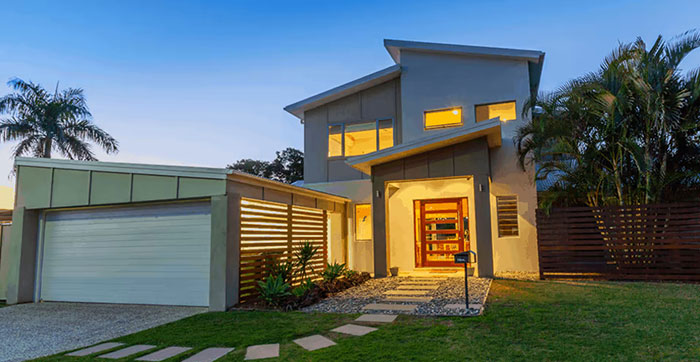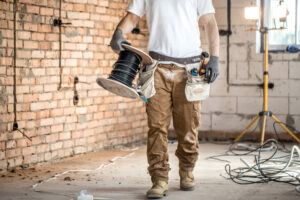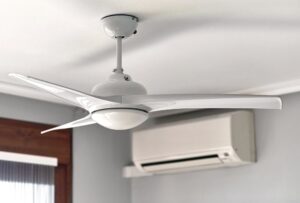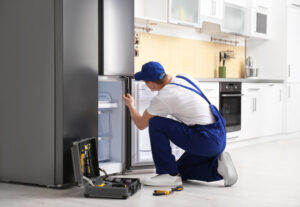Power outages can strike unexpectedly, leaving us in the dark and without essential services. One of the ways these disruptions can be combatted is with the help of a generator. But what exactly is a generator, and should you consider having one in your home in Australia?
Well, that’s what we’re here to help with. In this article, we’re going to help you understand generators, including the different types that are available and their benefits. We’ll also aim to help you figure out if you should get one.
Understanding Generators
A generator is an electrical device that converts mechanical energy into electrical energy. It basically serves as a backup power source during outages or when there is no access to the main power grid.
Generators work by using an engine, usually powered by gasoline, propane, or diesel, to rotate a magnet within coils of wire, producing electricity.











